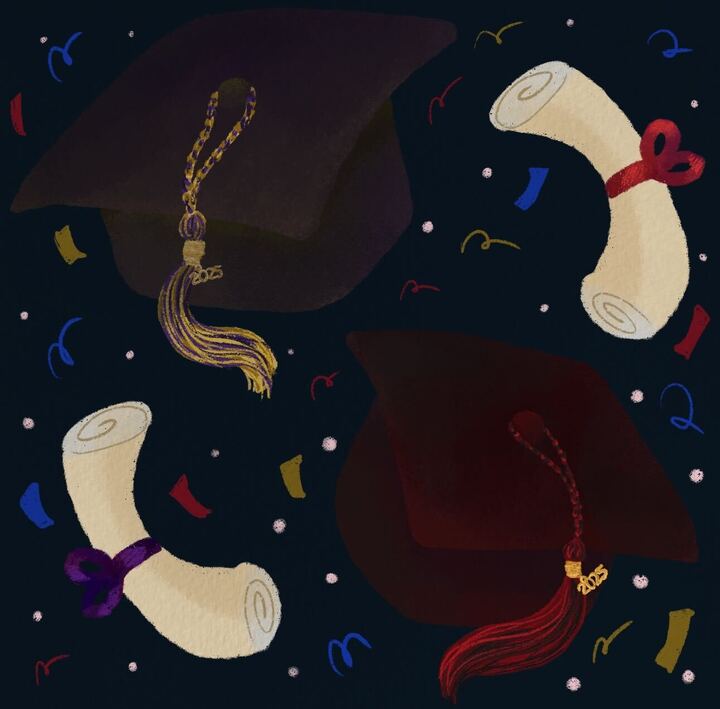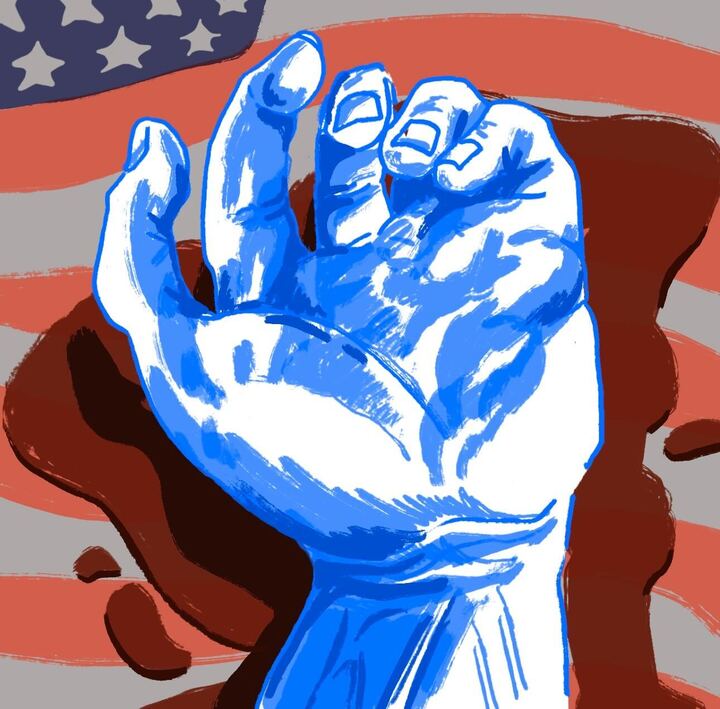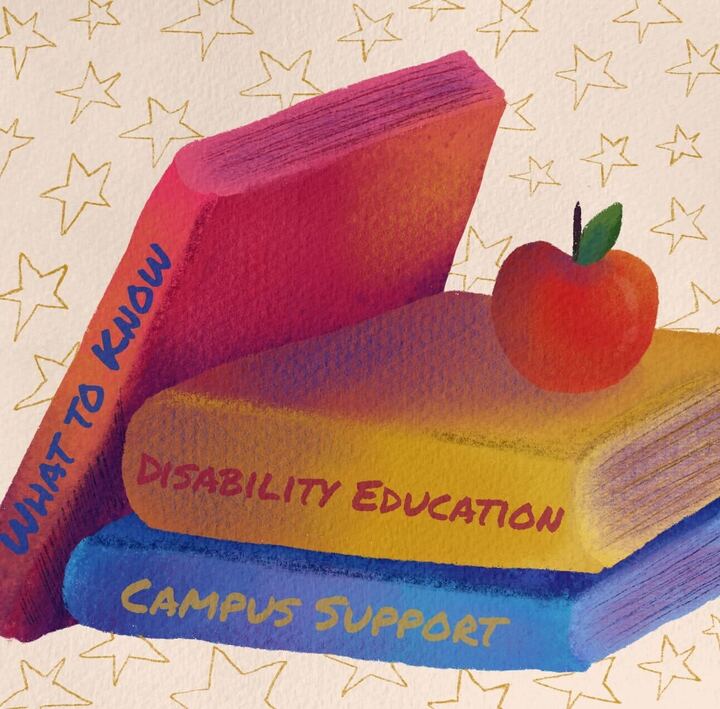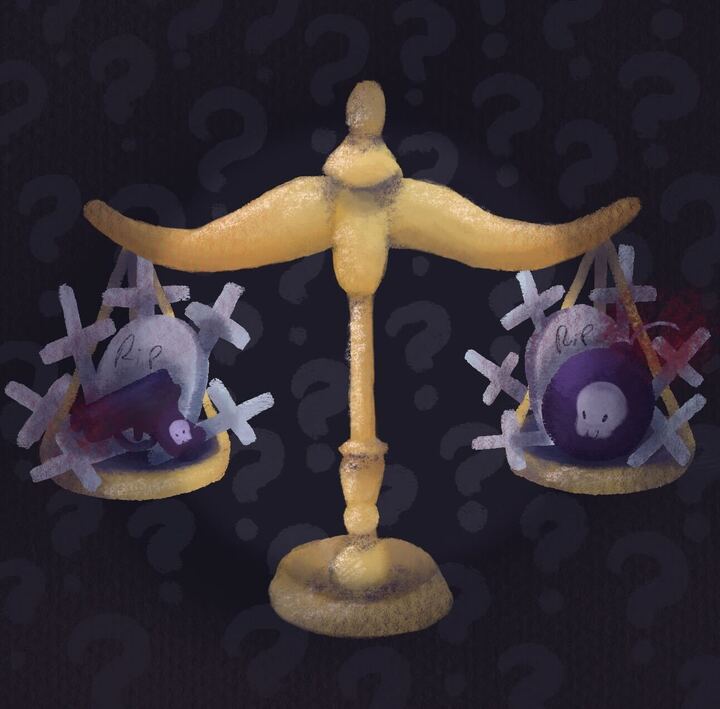In 2013, the American Psychiatric Association is scheduled to make changes regarding the diagnosis of Asperger’s Syndrome, Autistic Disorder and Pervasive Developmental Disorder Not Otherwise Specified (PDD-NOS). The APA is hoping to put all three disorders under the broad diagnosis of autism spectrum disorder (ASD), effectively eliminating the diagnosis of Asperger’s Syndrome and PDD-NOS.
The changes come as the fifth edition of Diagnostic and Statistical Manual of Mental Disorders is scheduled to come out next year.Experts agree that the narrowed definition would effectively eliminate qualification for 85 percent of children and adults with PDD-NOS and two-thirds of children and adults with Asperger’s. Analysis conducted by Dr. Fred R. Volkmer of Yale states it would effectively get rid of those with a higher-function diagnosis and the effect on services could be quite drastic.
As someone who has Asperger’s syndrome, I find this highly offensive to lump people with Asperger’s, classic autism and PDD-NOS. This is a disastrously bad idea that could cut off essential services to over a million children and adults who depend on those services for their success and well-being.
While I admire the efforts of the neuro-diversity movement to not pathologize behaviorial differences, these changes will only add more stigma to those who will no longer qualify for diagnosis and will further inhibit their success in life.
In truth, all the psychological and clinical definitions, and personal anecdotes still fail to fully describe the world of an Aspie (someone with Asperger’s syndrome).
It is as if the world you live in is inhabited by aliens from another planet who speak a language unrecognizable to the ear. The rules are never clear and the line is always moving and you can never know when anything you’ve done is right.
At this point in my life, social interactions are difficult, not so much because people are mean or misunderstanding, but because it’s always hard to measure the right way to react even when it is seemingly obvious to most others. Even the most mundane of conversations can be excruciatingly difficult. I always fear that I am going to get hurt if I interact and often feel physically unsafe when I have to interact, even with those who I know quite well.
Because of their differences and sometimes odd behavior and interests, children and adults with Asperger’s are likely victims of bullying. With an inability to understand why people are being so mean, it will only encourage them to recede further into themselves and prevent them from having positive social interactions later in life.
It has been said that often the reason some autistic people are so high functioning is because of access to helpful services. It has been proven that early intervention can combat much of the social dysfunction that comes with all three diagnoses. With the inability to diagnose higher-functioning children, problems will go unnoticed and multiply, as often happens to people with Asperger’s.
Another issue with the proposed changes concerns proper identification of needed services and treatment. If the goal of the new diagnosis is to save money and resources, good luck, because that will be a huge failure. With the inability to identify the level of function that a child is at and specify what services might be needed, services may be provided unnecessarily, and the necessary ones will not be available.
Whether the changes are politically or economically motivated is irrelevant. What matters is that many children with Asperger’s and higher functioning autism feel completely isolated from their peers and have no idea why. If this continues to happen, the success rate of children with developmental disabilities will plummet. When these children are not understood and they cannot understand what others are thinking or feeling, their motivation decreases severely, and parents and teachers are left with the burden of not being able to help their students and children succeed and thrive in life.
I know from my own experiences that the services I received allowed me to be successful today. Without the recognition of my diagnosis, I frankly would not have the knowledge and the means to be able to rise above those differences that stigmatized me and made feel like an outcast in my own home and among peers.
Access to these services taught me that people with Asperger’s syndrome aren’t really that different, just differently-abled. I, like most Aspies, have problems understanding abstract concepts (meaning concepts and things that lie outside the reach and scope the five senses can provide).
For example, I flunked Algebra because I couldn’t see or feel anything or have a real world model to confirm a correct answer. I followed the rules, but I became very confused about which steps were which. On the other hand, I did very well in high school biology and got a grade of an A –, because I could physically feel and see the results of my work.
As a photojournalist, I know I can be successful because although words are harder for me than most others, pictures and visuals describe the world far better than words ever could.
I plead the APA not to go through with this change. Think of the over one million children and adults with Asperger’s and higher functioning forms of autism. Lumping together Asperger’s syndrome and PDD-NOS with autism will only make rates soar higher than they already are and will magnify many problems that these kids face, creating more unnecessary suffering.
If one wants to narrow the rates of autism there are far better ways to do it. One would be to not let schools decide whether or not the child in question has a developmental disability, but to leave that decision in the hands of patients and doctors.
Truth be told, this is not an easy science and narrowing the definition will make it harder for everyone to live the life they want. It is a bad idea that will only make the autism epidemic and the consequences associated with it, far worse than they already are.






